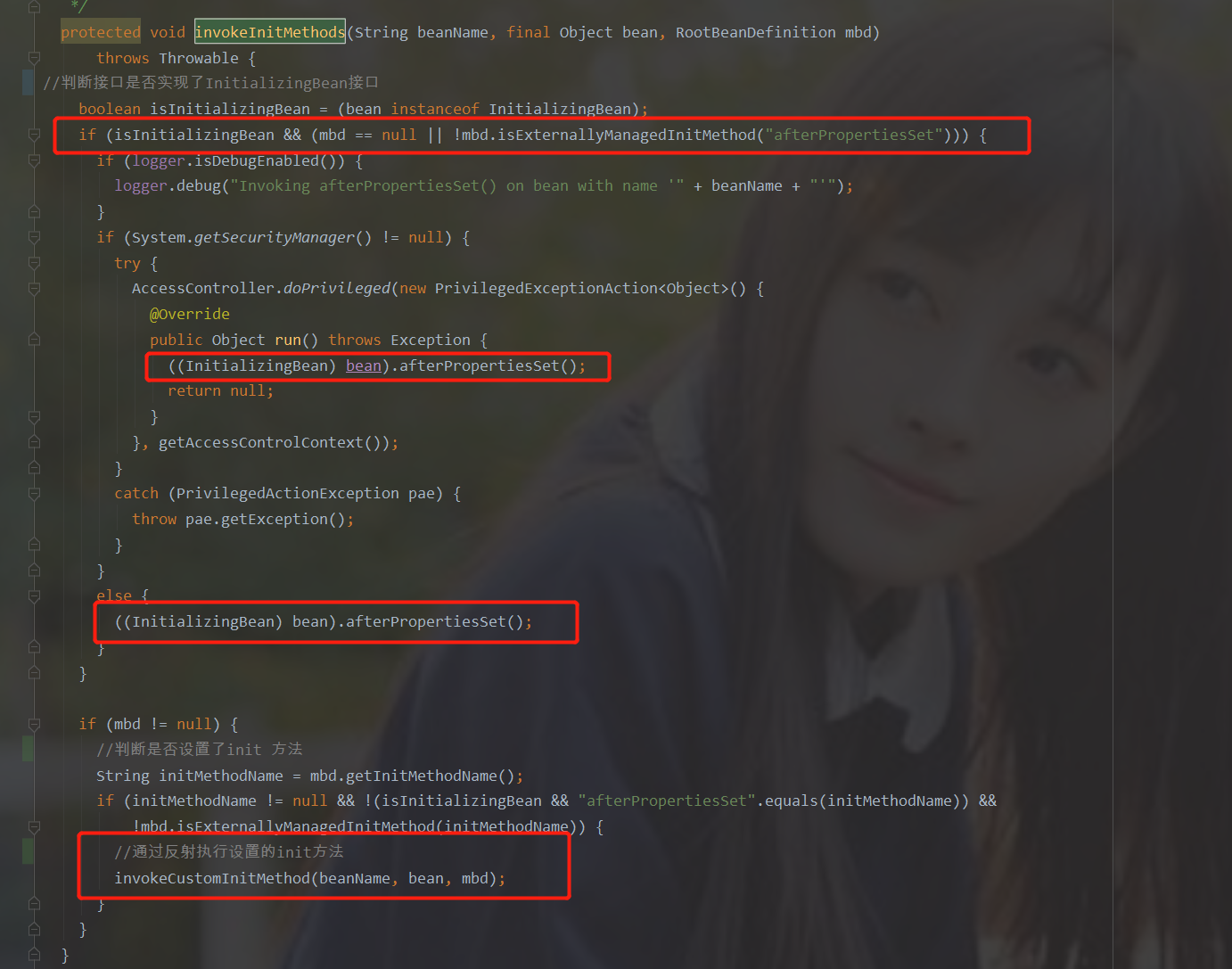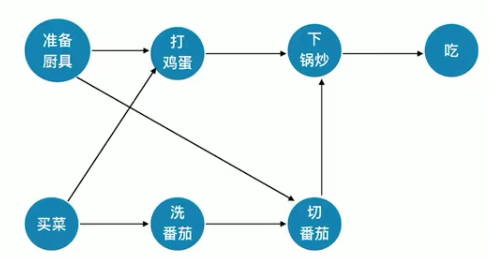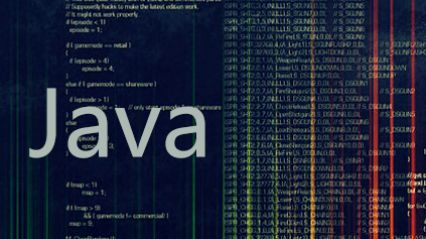python异常处理之 traceback 解析示例
python异常处理之 traceback 解析示例
其中,cgitb适合在开发的过程中进行调试,而logging适合在线上环境使用,二者都非常方便;
(1)Python中的异常栈跟踪
def func(a, b):return a / bif __name__ == '__main__':import sysimport tracebacktry:func(1, 0)except Exception as e:print "print exc"traceback.print_exc(file=sys.stdout)
输出:
print excTraceback (most recent call last):File "/Users/a6/test_exception_process.py", line 34, in <module>func(1, 0)File "/Users/a6/test_exception_process.py", line 29, in funcreturn a / bZeroDivisionError: integer division or modulo by zero
其实traceback.print_exc()函数只是traceback.print_exception()函数的一个简写形式,而它们获取异常相关的数据都是通过sys.exc_info()函数得到的。
def func(a, b):return a / bif __name__ == '__main__':import sysimport tracebacktry:func(1, 0)except Exception as e:print "print_exception()"exc_type, exc_value, exc_tb = sys.exc_info()print 'the exc type is:', exc_typeprint 'the exc value is:', exc_valueprint 'the exc tb is:', exc_tbtraceback.print_exception(exc_type, exc_value, exc_tb)
输出:
print_exception()the exc type is: <type 'exceptions.ZeroDivisionError'>the exc value is: integer division or modulo by zerothe exc tb is: <traceback object at 0x10acc9dd0>Traceback (most recent call last):File "/Users/a6/Downloads/PycharmProjects/speiyou_di_my/hive/shuangshi_haibian/test_exception_process.py", line 49, in <module>func(1, 0)File "/Users/a6/Downloads/PycharmProjects/speiyou_di_my/hive/shuangshi_haibian/test_exception_process.py", line 44, in funcreturn a / bZeroDivisionError: integer division or modulo by zero
sys.exc_info()返回的值是一个元组,其中第一个元素,exc_type是异常的对象类型,exc_value是异常的值,exc_tb是一个traceback对象,对象中包含出错的行数、位置等数据。然后通过print_exception函数对这些异常数据进行整理输出。
(2)traceback模块提供了extract_tb函数来更加详细的解释traceback对象所包含的数据:
def func(a, b):return a / bif __name__ == '__main__':import sysimport tracebacktry:func(1, 0)except:_, _, exc_tb = sys.exc_info()for filename, linenum, funcname, source in traceback.extract_tb(exc_tb):print "%-23s:%s '%s' in %s()" % (filename, linenum, source, funcname)
输出:
/Users/a6/test_exception_process.py:67 'func(1, 0)' in <module>()/Users/a6/test_exception_process.py:62 'return a / b' in func()
(3)使用cgitb来简化异常调试
如果平时开发喜欢基于log的方式来调试,那么可能经常去做这样的事情,在log里面发现异常之后,因为信息不足,那么会再去额外加一些debug log来把相关变量的值输出。调试完毕之后再把这些debug log去掉。其实没必要这么麻烦,Python库中提供了cgitb模块来帮助做这些事情,它能够输出异常上下文所有相关变量的信息,不必每次自己再去手动加debug log。
cgitb的使用简单的不能想象:
def func(a, b):return a / bif __name__ == '__main__':import cgitbcgitb.enable(format='text')import sysfunc(1, 0)
输出:
/System/Library/Frameworks/Python.framework/Versions/2.7/bin/python2.7 /Users/a6/test_exception_process.py<type 'exceptions.ZeroDivisionError'>Python 2.7.10: /System/Library/Frameworks/Python.framework/Versions/2.7/Resources/Python.app/Contents/MacOS/PythonThu Feb 1 16:58:32 2018A problem occurred in a Python script. Here is the sequence offunction calls leading up to the error, in the order they occurred./Users/a6/test_exception_process.py in <module>()79 cgitb.enable(format='text')80 import sys81 func(1, 0)8283func = <function func>/Users/a6/test_exception_process.py in func(a=1, b=0)7374 def func(a, b):75 return a / b76 if __name__ == '__main__':77 import cgitba = 1b = 0<type 'exceptions.ZeroDivisionError'>: integer division or modulo by zero__class__ = <type 'exceptions.ZeroDivisionError'>__delattr__ = <method-wrapper '__delattr__' of exceptions.ZeroDivisionError object>__dict__ = {}__doc__ = 'Second argument to a division or modulo operation was zero.'__format__ = <built-in method __format__ of exceptions.ZeroDivisionError object>__getattribute__ = <method-wrapper '__getattribute__' of exceptions.ZeroDivisionError object>__getitem__ = <method-wrapper '__getitem__' of exceptions.ZeroDivisionError object>__getslice__ = <method-wrapper '__getslice__' of exceptions.ZeroDivisionError object>__hash__ = <method-wrapper '__hash__' of exceptions.ZeroDivisionError object>__init__ = <method-wrapper '__init__' of exceptions.ZeroDivisionError object>__new__ = <built-in method __new__ of type object>__reduce__ = <built-in method __reduce__ of exceptions.ZeroDivisionError object>__reduce_ex__ = <built-in method __reduce_ex__ of exceptions.ZeroDivisionError object>__repr__ = <method-wrapper '__repr__' of exceptions.ZeroDivisionError object>__setattr__ = <method-wrapper '__setattr__' of exceptions.ZeroDivisionError object>__setstate__ = <built-in method __setstate__ of exceptions.ZeroDivisionError object>__sizeof__ = <built-in method __sizeof__ of exceptions.ZeroDivisionError object>__str__ = <method-wrapper '__str__' of exceptions.ZeroDivisionError object>__subclasshook__ = <built-in method __subclasshook__ of type object>__unicode__ = <built-in method __unicode__ of exceptions.ZeroDivisionError object>args = ('integer division or modulo by zero',)message = 'integer division or modulo by zero'The above is a description of an error in a Python program. Here isthe original traceback:Traceback (most recent call last):File "/Users/a6/test_exception_process.py", line 81, in <module>func(1, 0)File "/Users/a6/test_exception_process.py", line 75, in funcreturn a / bZeroDivisionError: integer division or modulo by zeroProcess finished with exit code 1
完全不必再去log.debug(“a=%d” % a)了,个人感觉cgitb在线上环境不适合使用,适合在开发的过程中进行调试,非常的方便。
也许你会问,cgitb为什么会这么屌?能获取这么详细的出错信息?其实它的工作原理同它的使用方式一样的简单,它只是覆盖了默认的sys.excepthook函数,sys.excepthook是一个默认的全局异常拦截器,可以尝试去自行对它修改:
def func(a, b):return a / bdef my_exception_handler(exc_type, exc_value, exc_tb):print "i caught the exception:", exc_typewhile exc_tb:print "the line no:", exc_tb.tb_linenoprint "the frame locals:", exc_tb.tb_frame.f_localsexc_tb = exc_tb.tb_nextif __name__ == '__main__':import syssys.excepthook = my_exception_handlerfunc(1, 0)
输出:
i caught the exception: <type 'exceptions.ZeroDivisionError'>the line no: 99the frame locals: {'my_exception_handler': <function my_exception_handler at 0x1069800c8>, '__builtins__': <module '__builtin__' (built-in)>, '__file__': '/Users/a6/Downloads/PycharmProjects/speiyou_di_my/hive/shuangshi_haibian/test_exception_process.py', '__package__': None, 'sys': <module 'sys' (built-in)>, 'func': <function func at 0x10697ac08>, '__name__': '__main__', '__doc__': None}the line no: 87the frame locals: {'a': 1, 'b': 0}
(4)使用logging模块来记录异常
在使用Java的时候,用log4j记录异常很简单,只要把Exception对象传递给log.error方法就可以了,但是在Python中就不行了,如果直接传递异常对象给log.error,那么只会在log里面出现一行异常对象的值。
在Python中正确的记录Log方式应该是这样的:
logging.exception(ex)logging.error(ex, exc_info=1) # 指名输出栈踪迹, logging.exception的内部也是包了一层此做法logging.critical(ex, exc_info=1) # 更加严重的错误级别
具体示例如下:
import loggingimport osfrom datetime import datetimeclass LoggingInstance():def __init__(self):self.log_dir="logging.log"def make_log(self):# 初始化日志文件if not os.path.exists(self.log_dir):os.mkdir(self.log_dir)logging.basicConfig(level=logging.INFO,filename="%s/log.%s" % (self.log_dir, datetime.now().strftime("%Y%m%d")), filemode='a',format='%(asctime)s [%(levelname)s] [%(filename)s] [%(funcName)s] [%(lineno)d] %(message)s')logger = logging.getLogger(__name__)self.target_date = datetime.strptime(datetime.now().strftime("%Y%m%d"), "%Y%m%d")logger.info("init success, target_date=%s", self.target_date)def func(self, a, b):return a / bif __name__ == '__main__':obj_logging_instance=LoggingInstance()obj_logging_instance.make_log()import sysimport tracebacktry:obj_logging_instance.func(1, 0)except Exception as ex:print "print using exc logging"logging.info("分割线 @@@@@@@ target_date=%s ",datetime.now())logging.exception(ex) # 抛出异常方法一logging.info("分割线 @@@@@@@ target_date=%s ",datetime.now())logging.error(ex,exc_info=1) # 抛出异常方法二logging.info("分割线 @@@@@@@ target_date=%s ",datetime.now())logging.warning(ex,exc_info=1) # 抛出异常方法三logging.info("分割线 @@@@@@@ target_date=%s ",datetime.now())logging.fatal(ex,exc_info=1) # 抛出异常方法四logging.info("分割线 @@@@@@@ target_date=%s ",datetime.now())#traceback.print_exc() # 可以在输出窗口输出错误信息
输出日志文件logging.log文件内容如下:
2018-02-01 17:25:03,999 [INFO] [test_exception_process.py] [make_log] [156] init success, target_date=2018-02-01 00:00:002018-02-01 17:25:03,999 [INFO] [test_exception_process.py] [<module>] [169] 分割线 @@@@@@@ target_date=2018-02-01 17:25:03.9995082018-02-01 17:25:03,999 [ERROR] [test_exception_process.py] [<module>] [170] integer division or modulo by zeroTraceback (most recent call last):File "/Users/a6/test_exception_process.py", line 166, in <module>obj_logging_instance.func(1, 0)File "/Users/a6/test_exception_process.py", line 158, in funcreturn a / bZeroDivisionError: integer division or modulo by zero2018-02-01 17:25:03,999 [INFO] [test_exception_process.py] [<module>] [171] 分割线 @@@@@@@ target_date=2018-02-01 17:25:03.9998582018-02-01 17:25:03,999 [ERROR] [test_exception_process.py] [<module>] [172] integer division or modulo by zeroTraceback (most recent call last):File "/Users/a6/test_exception_process.py", line 166, in <module>obj_logging_instance.func(1, 0)File "/Users/a6/test_exception_process.py", line 158, in funcreturn a / bZeroDivisionError: integer division or modulo by zero2018-02-01 17:25:04,000 [INFO] [test_exception_process.py] [<module>] [173] 分割线 @@@@@@@ target_date=2018-02-01 17:25:04.0000402018-02-01 17:25:04,000 [WARNING] [test_exception_process.py] [<module>] [174] integer division or modulo by zeroTraceback (most recent call last):File "/Users/a6/test_exception_process.py", line 166, in <module>obj_logging_instance.func(1, 0)File "/Users/a6test_exception_process.py", line 158, in funcreturn a / bZeroDivisionError: integer division or modulo by zero2018-02-01 17:25:04,000 [INFO] [test_exception_process.py] [<module>] [175] 分割线 @@@@@@@ target_date=2018-02-01 17:25:04.0002062018-02-01 17:25:04,000 [CRITICAL] [test_exception_process.py] [<module>] [176] integer division or modulo by zeroTraceback (most recent call last):File "/Users/a6/test_exception_process.py", line 166, in <module>obj_logging_instance.func(1, 0)File "/Users/a6/test_exception_process.py", line 158, in funcreturn a / bZeroDivisionError: integer division or modulo by zero2018-02-01 17:25:04,000 [INFO] [test_exception_process.py] [<module>] [177] 分割线 @@@@@@@ target_date=2018-02-01 17:25:04.000367
参考网址:http://blog.csdn.net/wbiblem/article/details/73432506



































还没有评论,来说两句吧...